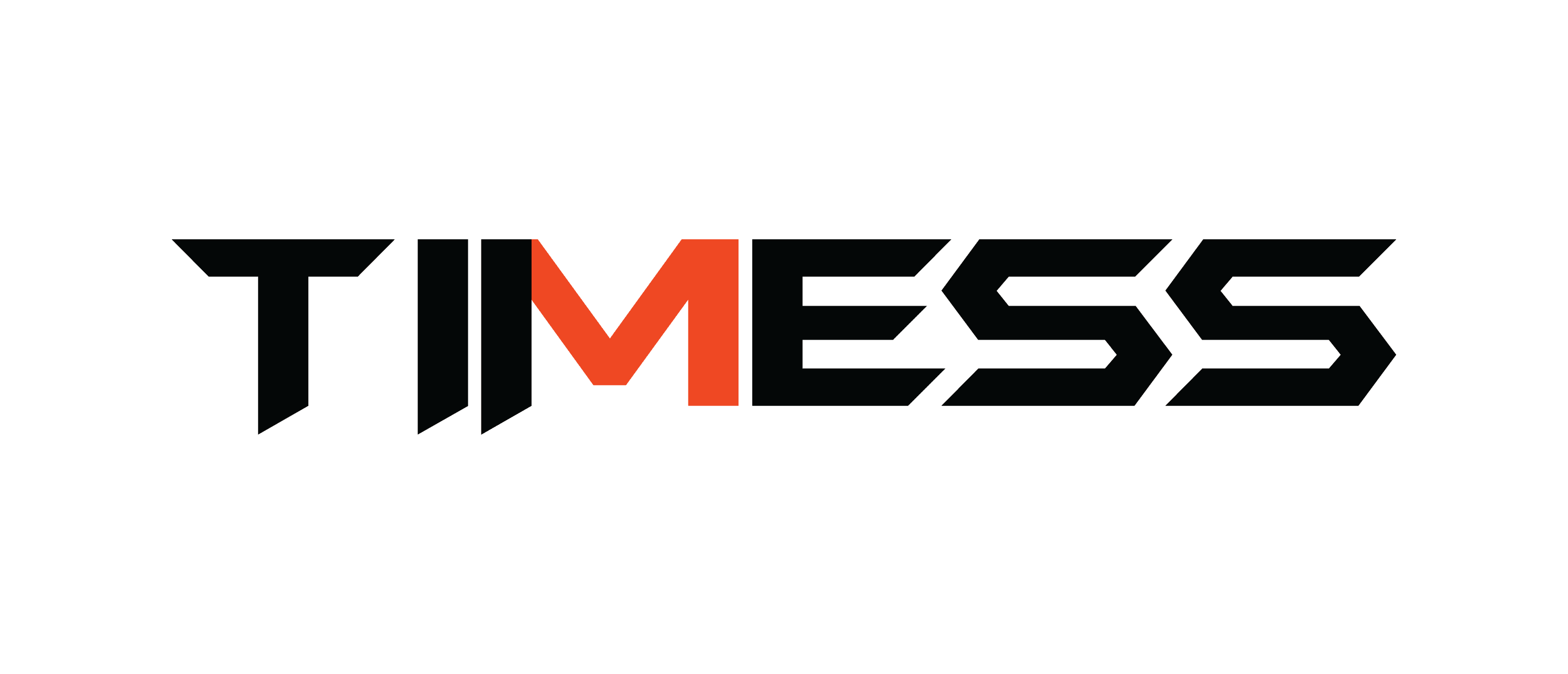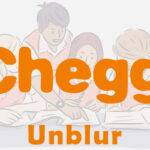Everyone learns differently. Think about it. Some people remember things better when they see pictures or read texts. Others might need to listen to a lecture or talk about a topic to understand it.
Yet, some people learn best when they can touch or move things around. Recognizing the way we learn can help us do it better.
That’s why understanding different learning styles is so important. When we know the best way to learn, we can pick strategies that help us understand and remember things more easily.
1. Visual Learners – Mind Maps and Infographics
If you’re a visual learner, pictures speak louder than words. When studying or trying to understand something new, why not turn information into a picture?
Mind maps are a great tool for this. Imagine you’re learning about the planets. Instead of a list, you draw the sun in the center and then draw branches to each planet, showing their order and maybe some quick facts about each one.
This visual picture helps you remember better. Infographics are another handy tool. They turn data, information, or ideas into easy-to-understand images. So, if you’re a visual learner, try using tools or apps that help you create diagrams, charts, or drawings.
2. Solitary Learners – Self-paced Online Learning
If you’re a solitary learner, you might find your own space and pace to be the best. In such cases, self-paced online learning can be a great tool.
Online education mode has been gaining momentum for quite a while, especially since the lockdown during the pandemic. In countries like the UK, online education is set to reach a market size of $11.57 billion by 2026, corroborating its rapid growth.
Given this, eLearning websites and apps are accelerating their educational strategies and content delivery to cater to various learners.
Online platforms like https://cambridgeonlinetutors.co.uk offer courses on almost every topic you can think of. The best part? You can learn whenever and wherever you want.
For instance, if you’re learning a new language, you can find online courses that let you pick lessons based on your level and interest. If you’re more into science, there are platforms with videos, quizzes, and even virtual labs.
The key here is control. You decide when, where, and how to learn. For solitary learners, this freedom can make a huge difference in how well they understand and remember things.
3. Auditory Learners – Podcasts and Audio Lectures
Do you remember things better when you hear them? Then, welcome to the auditory learners’ club! For you, listening can be the key to learning. Nowadays, there are so many resources out there.
Podcasts, for instance, are like radio shows about specific topics. There are podcasts about history, science, languages, and almost anything you can think of. Listening to them can be a fun and relaxed way to learn.
Besides podcasts, many schools and colleges offer audio lectures. These are recordings of classes or lessons. You can listen to them anytime – while walking, cleaning, or even before sleeping. The advantage? You can play them back as many times as you want. For auditory learners, these tools can be pure gold.
4. Kinesthetic Learners – Interactive Labs and Hands-on Activities
For kinesthetic learners, sitting still can be tough. If you’re one of them, you learn best when you’re moving or touching things. That’s why interactive labs or experiments can be so helpful. Think about a science class.
Reading about how plants grow is one thing—but actually planting seeds, watering them, and watching them sprout? That’s real learning for kinesthetic folks. Hands-on activities, whether arts and crafts, building projects, or simply doodling while you think, can help.
The main idea is to get involved physically. When your body is active, your brain lights up with understanding.
5. Reading/Writing Learners – Summaries and Note-taking
Reading and writing learners, this one’s for you! You love words. Taking notes, reading articles, or making lists can make things click for you.
One good tip is to create summaries. Let’s say you’ve read a chapter in a book. Now, try to write down the main ideas in your own words.
This act of writing helps pin the information in your mind. Also, when studying, don’t just read. Write down key points. Highlight or underline important parts. These little actions can make a big difference in how well you remember and understand things.

6. Logical Learners – Problem-Solving and Puzzles
Hello to all the logical thinkers out there! Do you like to work with facts, patterns, and logic? If yes, then you might be a logical learner.
For you, understanding the ‘why’ behind things can make a big difference. Let’s say you’re learning math. Instead of just memorizing formulas, try to understand why they work. This will make things clearer for you.
One way to boost this kind of learning is through problem-solving activities and puzzles.
For instance, if you’re studying history, instead of just reading dates and events, ask yourself questions. Why did an event happen? What was the result?
By answering these questions, you’re not just memorizing but truly understanding. Puzzles, like Sudoku or logic puzzles, can also help train your brain to see patterns and connections. It’s a fun way to learn, and it sharpens your mind, too.
7. Social Learners – Study Groups and Online Communities
Some people learn best when they’re with others. If that’s you, then you’re a social learner. Talking about a topic, discussing ideas, or just studying with friends can make learning easier and more fun.
One great way to do this is through study groups. Let’s imagine you’re trying to understand a tricky topic in school. By getting together with friends and talking it out, you might see things in a new light. Everyone has a different view, and sharing these can help all of you.
What if you can’t meet in person? Well, that’s where online communities come in. Websites and apps offer forums where people discuss and share ideas about all kinds of topics. Joining one related to what you’re studying can be helpful. You can ask questions, share resources, and learn from others around the world.
Conclusion
Learning is a journey. And just like any journey, we all have our distinct paths. The trick is to find what works best for you.
Whether you’re a visual person who loves pictures, an auditory learner who enjoys podcasts, or someone who prefers to dive deep into puzzles, there’s a strategy out there for you.
Remember, it’s not about how much time you spend learning but how effective that time is. By understanding yourself and picking the right strategies, you can make every minute count. So, why wait? Dive in, explore, and discover the best way for you to learn.









